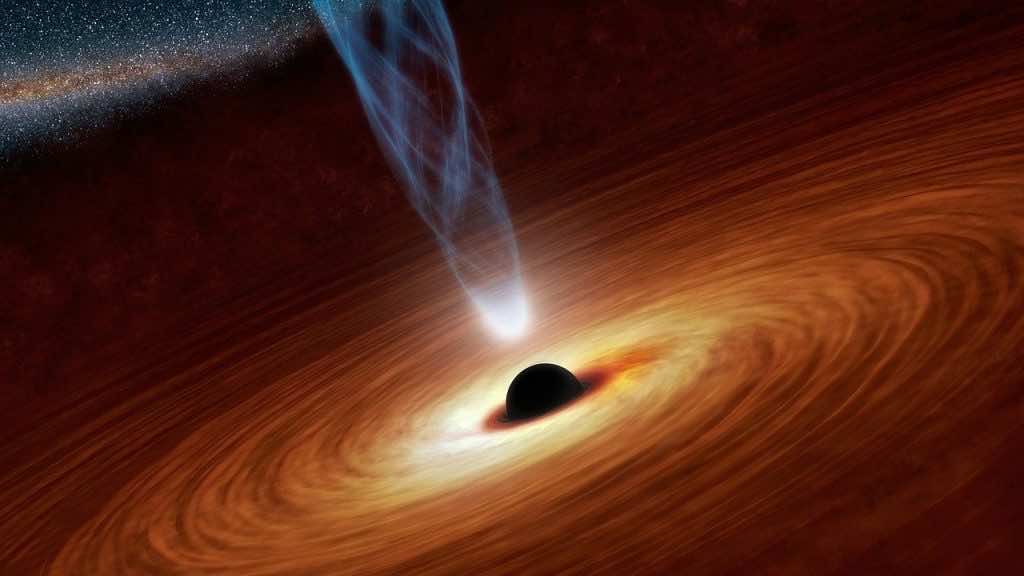Black holes are known to have the potential to annihilate planets whenever they choose and leave nothing behind. It had focused its attention this time on the universe of physics itself. Stephen Hawking’s hypothesis about black holes had the potential to flip the realm of physics on its head since it brought into question the two pillars on which much of our knowledge of the universe is based: relativistic theory and quantum physics. One theory holds that nothing will ever survive a black hole, while another, based on thermal analysis, holds that energy cannot be lost and that if anything enters into a black hole, there must be some evidence about it.
Researchers reportedly profess to have addressed the informational dilemma and argue that these items are more complicated than previously thought. Black holes contain a gravitational field that shows information about how they were created at the subatomic level. A black hole is generated when a star dies with such a strong gravitational pull that everything is crushed into the little region underneath it, preserving the radiation of the collapsing star. Because the substance is crammed into such a small space, gravity is extremely powerful. People cannot perceive black holes because no light can escape. They are undetected.
There have been several alternative approaches, along with “firewall theories” in which material was expected to burn away before approaching the black hole, a “fuzzball theory” in which black holes were considered to have ambiguous bounds, and other exotic aspects of theoretical physics. However, the majority of these solutions involved modification of particle physics principles or Einstein’s theory of relativity, the two cornerstones of contemporary physics.
Prof Xavier Calmet of the University of Sussex, who conducted the research, said that after a century of concentrating on the mathematics underpinning the challenge, his team has made remarkable progress last year which gave them assurance that they had finally cracked it.
“It was widely considered within the scientific establishment that overcoming this dilemma would necessitate a massive paradigmatic shift in physics, potentially necessitating the reconceptualization of either classical physics or general theory of relativity,” Calmet explained. “What we discovered – and what I believe is very intriguing”.
“When you make a huge claim, you have to support this assertion,” Calmet added. It will take a while for people to finally understand this. The dilemma has been around for a quite long time, and prominent individuals from all over the world have been researching it for centuries.”

